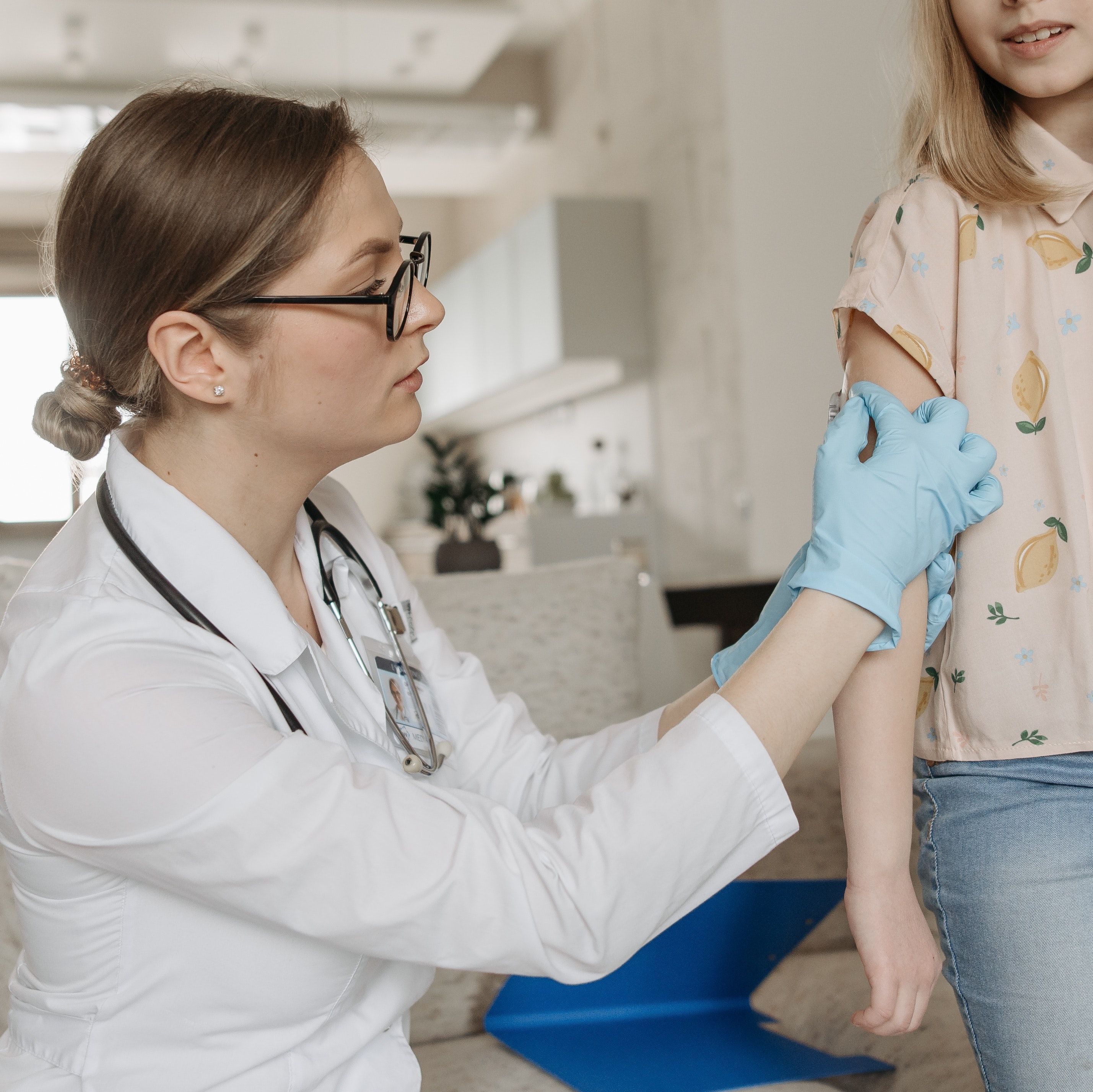Article
COVID-19 Vaccination is Safe, Effective for Children with Juvenile Idiopathic Arthritis
Author(s):
According to preliminary data, patients with JIA experience the same safety and immunogenicity as healthy individuals when vaccinated with the Pfizer COVID-19 vaccine.

Juvenile idiopathic arthritis (JIA) is the most common pediatric rheumatic disease. Investigators aimed to determine if the COVID-19 vaccine would have an effect on disease flares in these patients due to immune activation.
Adult studies have shown that the vaccines are safe and effective in adults with rheumatic disease, but according to a team of investigators led by Maria Francesca Gicchino, MD, Department of Woman, Child and General and Specialized Surgery, University of the Study of Campania, there's a lack of data on the use of the Pfizer vaccine in children with JIA.
In this prelimenary investigation, the team examined the immunogenicity and safety of the Pfizer vaccine in patients with the condition who were aged 12-16 years and compared the outcomes alongside healthy controls.
Observations and Assessments
A total of 85 patients aged 12-16 years were invited to participate in the monocentric, retrospective, observational study and 36 (75% female) agreed to be vaccinated: "24 refused due to fear of being vaccinated and 25 had already had COVID-19, with 13 experiencing JIA reactivation. The 33 healthy controls (75% female) were relatives of patients."
Investigators recorded the juvenile idiopathic arthritis subtype, pharmacological treatment, and disease activity according to the Juvenile Arthritis Disease Activity Score (JADAS-10). Also, virus antibodies and vaccination adverse events were recorded for both study groups.
Patients and individuals in the control group received the 2 standard doses of the Pfizer vaccine at 3 weeks apart with follow-up visits planned for 1, 2 and 3 months following the 2nd dose. Disease activity was evaluated and all patients were in clinical remission with a JADAS-10 score of ≤ 1 at the time of vaccination.
"Blood samples were collected on enrollment and 1 month after the second vaccination to identify viral anitbodies. Immunoglobulin antibodies against the virus’ S1/S2 spike were quantified by chemiluminescent immunoassay, using the LIAISON SARS-CoV-2 Trimeric SIgG (Diasorin SpA, Piemonte, Italy). A signal/cut-off ratio of ≥14 binding antibody units (BAU)/ml was deemed positive. All subjects were seronegative at baseline," investigators stated.
Safety and Immunogenicity Results
There were no statistically significant differences observed in the average levels of antibodies when patients were compared with the control group, which is in line with studies of Pfizer immunogenicity in adolescents with juvenile idiopathic arthritis.
When examining the influence of treatment on antibody production, the team found no statistically significant differences between the groups. Those with the condition were treated according to published recommendations. Methotrexate discontinued during the weeks of vaccine administration but non-steroidal anti-inflammatory drugs (NSAIDs) and biological drugs were not.
"Patients with systemic JIA produced fewer antibodies than patients with oligoarthritis (p=0.05) polyarthritis (p=0.03) and enthesitis related arthritis (p=0.02). This agreed with Kostik et al, who reported that the lowest levels of protective antibodies were found in systemic arthritis, rather than oligoarthritis and polyarthritis," they wrote.
Based on the JADAS-10 score prior to the first vaccination and follow-up visits no diseas flares were reported.
"This preliminary study did not find any difference in the safety and immunogenicity of the Pfizer vaccine between children with JIA and healthy controls," investigators concluded. "Although this was a small cohort, the vaccine had an adequate safety and tolerability profile. Further research should investigate if the differences we observed affected the long-term protection offered by vaccine."
The Study, "Preliminary observations on the immunogenicity and safety of vaccines to prevent COVID-19 in patients with juvenile idiopathic arthritis" was published in Acta Paediatrica.





